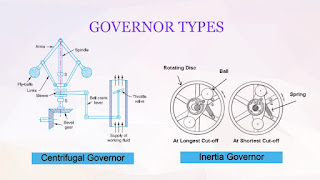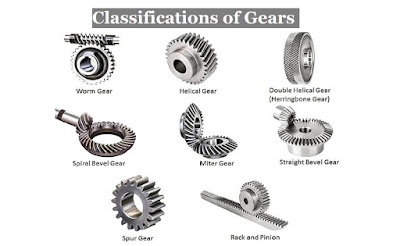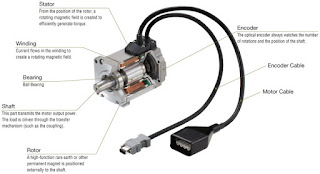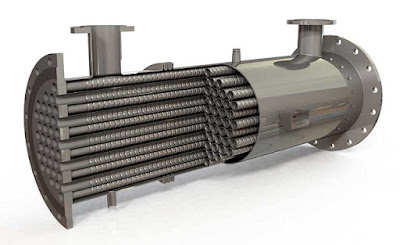It is very
interesting to know about complete combustion in automobile engineering,
because in actual practice, perfect combustion is not at all possible due to
various losses in the combustion chamber as well as design of the internal
combustion engine. Moreover the process of burning of the fuel is also not
instantaneous. However an alternate solution to it is by making the combustion
of fuel as fast as possible. This can be done by using two spark plugs which
spark alternatively at a certain time interval so as increase the diameter of
the flame & burn the fuel instantaneously. This system is called DTSI
(Digital Twin Spark Ignition system). In this system, due to twin sparks,
combustion will be complete.
This article
represents the working of digital twin spark ignition system, how twin sparks
are produced at 20,000 Volts, their timings, efficiency, advantages &
disadvantages, diameter of the flame, how complete combustion is possible &
how to decrease smoke & exhausts from the exhaust pipe of the bike using
Twin Spark System.
Digital Twin Spark
ignition engine has two Spark plugs located at opposite ends of the
combustion chamber and hence fast and efficient combustion is obtained. The
benefits of this efficient combustion process can be felt in terms of better
fuel efficiency and lower emissions. The ignition system on the Twin spark is a
digital system with static spark advance and no moving parts subject to wear.
It is mapped by the integrated digital electronic control box which also
handles fuel injection and valve timing. It features two plugs per cylinder.

This innovative
solution, also entailing a special configuration of the hemispherical
combustion chambers and piston heads, ensures a fast, wide flame front when the
air-fuel mixture is ignited, and therefore less ignition advance, enabling,
moreover, relatively lean mixtures to be used. This technology provides a
combination of the light weight and twice the power offered by two-stroke
engines with a significant power boost, i.e. a considerable
"power-to-weight ratio" compared to quite a few four-stroke engines.
Moreover, such a
system can adjust idling speed & even cuts off fuel feed when the
accelerator pedal is released, and meters the enrichment of the air-fuel
mixture for cold starting and accelerating purposes; if necessary, it also
prevents the upper rev limit from being exceeded. At low revs, the overboost is
mostly used when overtaking, and this is why it cuts out automatically. At
higher speeds the over boost will enhance full power delivery and will stay on
as long as the driver exercises maximum pressure on the accelerator.
Main
characteristics
• Digital electronic ignition with two
plugs per cylinder and two ignition distributors.
• Twin overhead cams with camshaft
timing variation.
• Injection fuel feed with integrated
electronic twin spark ignition.
• A high specific power.
Digital twin spark
ignition technology powered engine has two spark plugs. It is located at
opposite sides of combustion chamber. This DTS-I technology will have greater
combustion rate because of twin spark plug located around it. The engine
combust fuel at double rate than normal. This enhances both engine life and
fuel efficiency. It is mapped by the digital electronic control box which also
handles fuel ignition and valve timing.
A microprocessor
continuously senses speed and load of the engine and respond by altering the
ignition timing thereby optimizing power and fuel economy.
Advantages
• Less vibrations and noise
• Long life of the engine parts
such as piston rings and valve stem.
• Decrease in the specific fuel
consumption
• No over heating
• Increase the Thermal Efficiency
of the Engine & even bear high loads on it.
• Better starting of engine even
in winter season & cold climatic conditions or at very low temperatures
because of increased Compression ratio.
• Because of twin Sparks the diameter
of the flame increases rapidly that would result in instantaneous burning of
fuels. Thus force exerted on the piston would increase leading to better work
output.
Disadvantages
• There is high NOx emission
• If one spark plug get
damaged then we have to replace both
• The cost is relatively more













